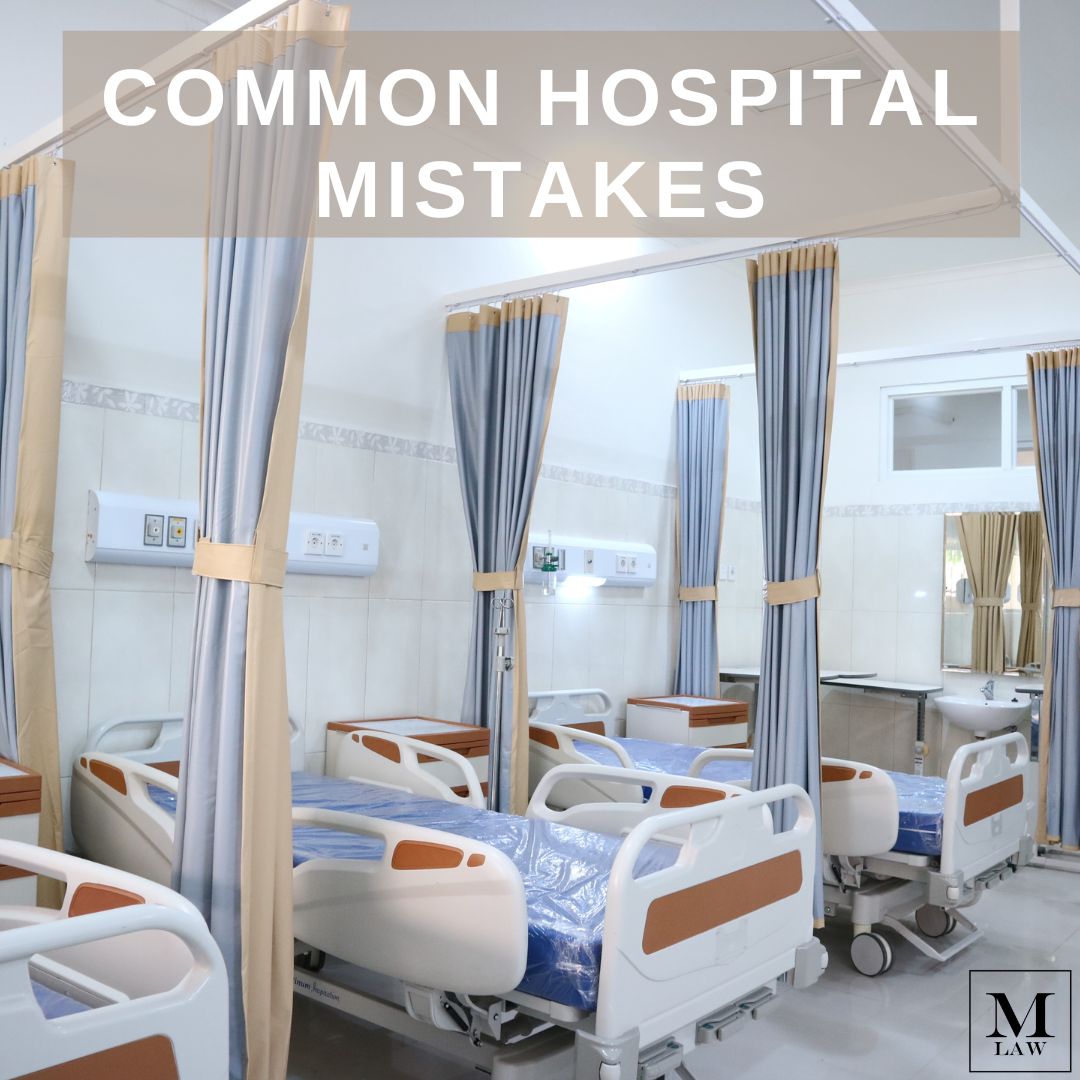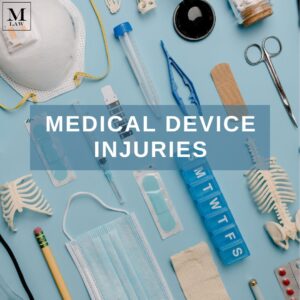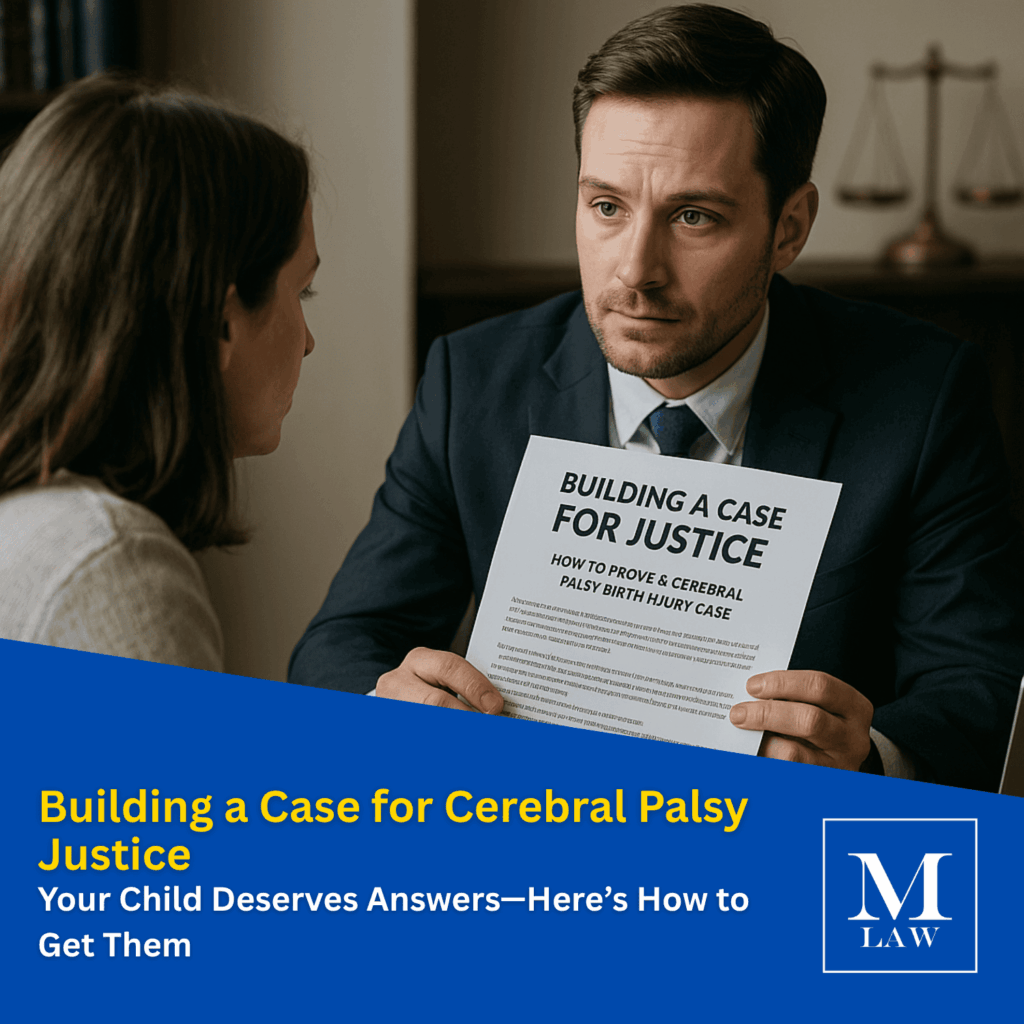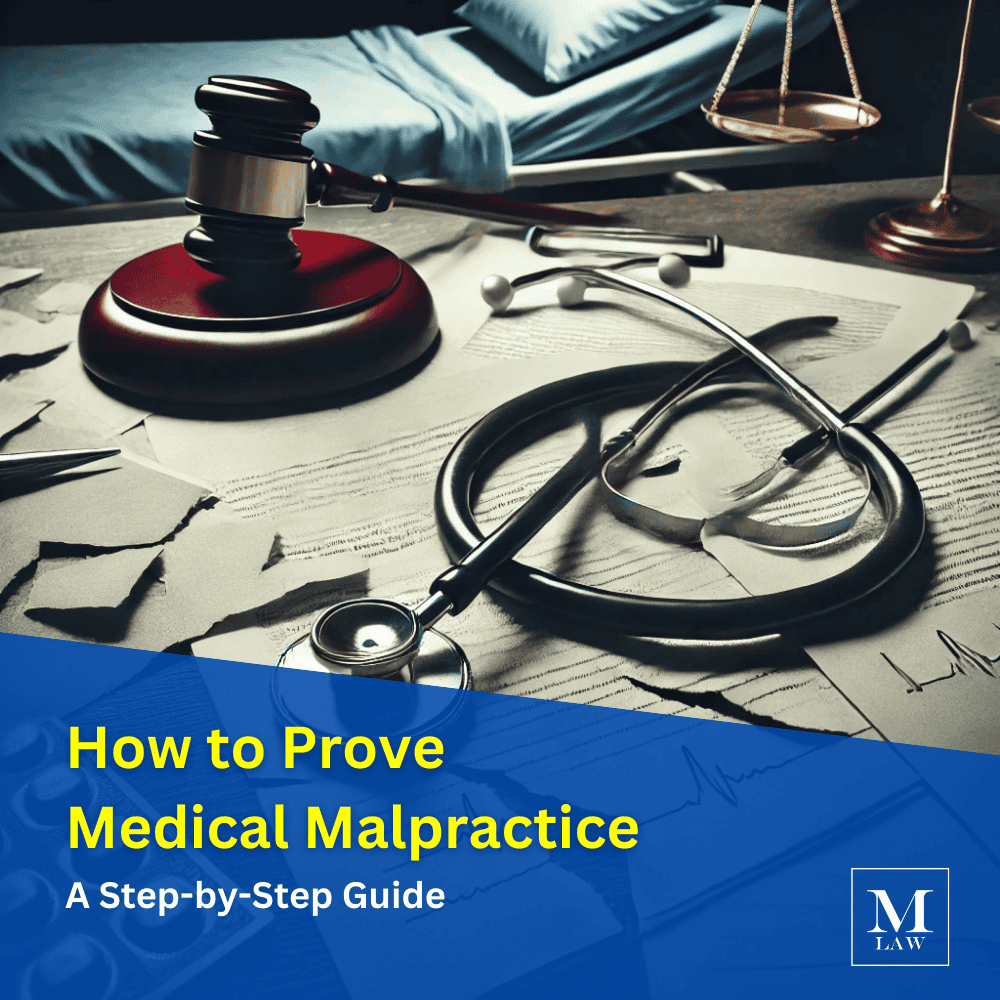Hospitals can be a hectic and stressful experience, for both patients and doctors alike. From emergency situations, to overcrowding or understaffing, hospitals don’t always operate like well-oiled machines. While hospitals strive to provide high-quality care, mistakes can unfortunately occur due to various factors. Because of this, let’s take a deep dive into some of the most common hospital mistakes to look out for.
10 Common Hospital Mistakes
- Medication errors: These can involve prescribing the wrong medication, administering incorrect dosages, mislabeling medications, or failing to account for drug allergies or interactions. These errors can occur at any stage of the medication process, including prescribing, dispensing, administering, and monitoring. Medication errors can result from various factors, such as miscommunication between healthcare providers, illegible handwriting on prescriptions, incorrect dosing, administering the wrong medication, drug interactions, and patient-related factors like allergies or non-adherence to medication regimens.
- Surgical errors: Mistakes made during surgical procedures can include wrong-site surgeries, leaving surgical instruments or foreign objects inside a patient’s body, anesthesia errors, or damage to surrounding tissues or organs. These errors often result from human error, miscommunication, technical malfunctions, or inadequate preparation. Surgery errors can happen in any surgical setting, including hospitals, clinics, and surgical centers.
- Misdiagnosis or delayed diagnosis: When healthcare professionals fail to accurately diagnose a medical condition or delay the diagnosis, it can lead to inappropriate or delayed treatment, allowing the condition to worsen. This mistake can occur at any stage of the diagnostic process, including history-taking, physical examination, laboratory tests, imaging studies, and data interpretation.
- Hospital-acquired infections (HAIs): Infections acquired during a hospital stay are unfortunately common. They can result from unsanitary conditions, inadequate hand hygiene, improper use of medical devices, or failure to follow infection control protocols.
- Falls and patient injuries: Patients can be at risk of falls or other injuries while in the hospital, particularly if they are weak, disoriented, or not adequately supervised. Lack of assistance, hazards in the environment, or incorrect use of restraints can contribute to such incidents.
- Birth injuries: Mistakes made during childbirth can lead to birth injuries, such as cerebral palsy, Erb’s palsy, or other complications that cause harm to the baby or mother.
- Communication errors: Poor communication among healthcare providers, including inadequate handoffs, failure to relay critical information, or miscommunication of treatment plans, can result in errors or delays in care.
- Inadequate follow-up care: Discharging patients without appropriate instructions, failing to arrange necessary follow-up appointments, or neglecting to monitor and manage ongoing medical conditions can lead to complications or worsened health outcomes.
- Equipment or technology malfunctions: Errors or failures related to medical equipment, such as diagnostic machines, ventilators, or monitoring devices, can compromise patient safety and care.
- Documentation errors: Inaccurate or incomplete medical records, including incorrect information about allergies, medications, or treatment plans, can lead to medical errors and mismanagement.
In some instances, mistakes like these can lead to serious injury. If you suffered a major injury due to a common hospital mistake, you may be entitled to financial compensation.
Merson Law’s team of medical malpractice lawyers can help you seek this compensation for your injuries, at no out of pocket cost to you. Contact us today by calling our office or by filling out the contact form on this page.








